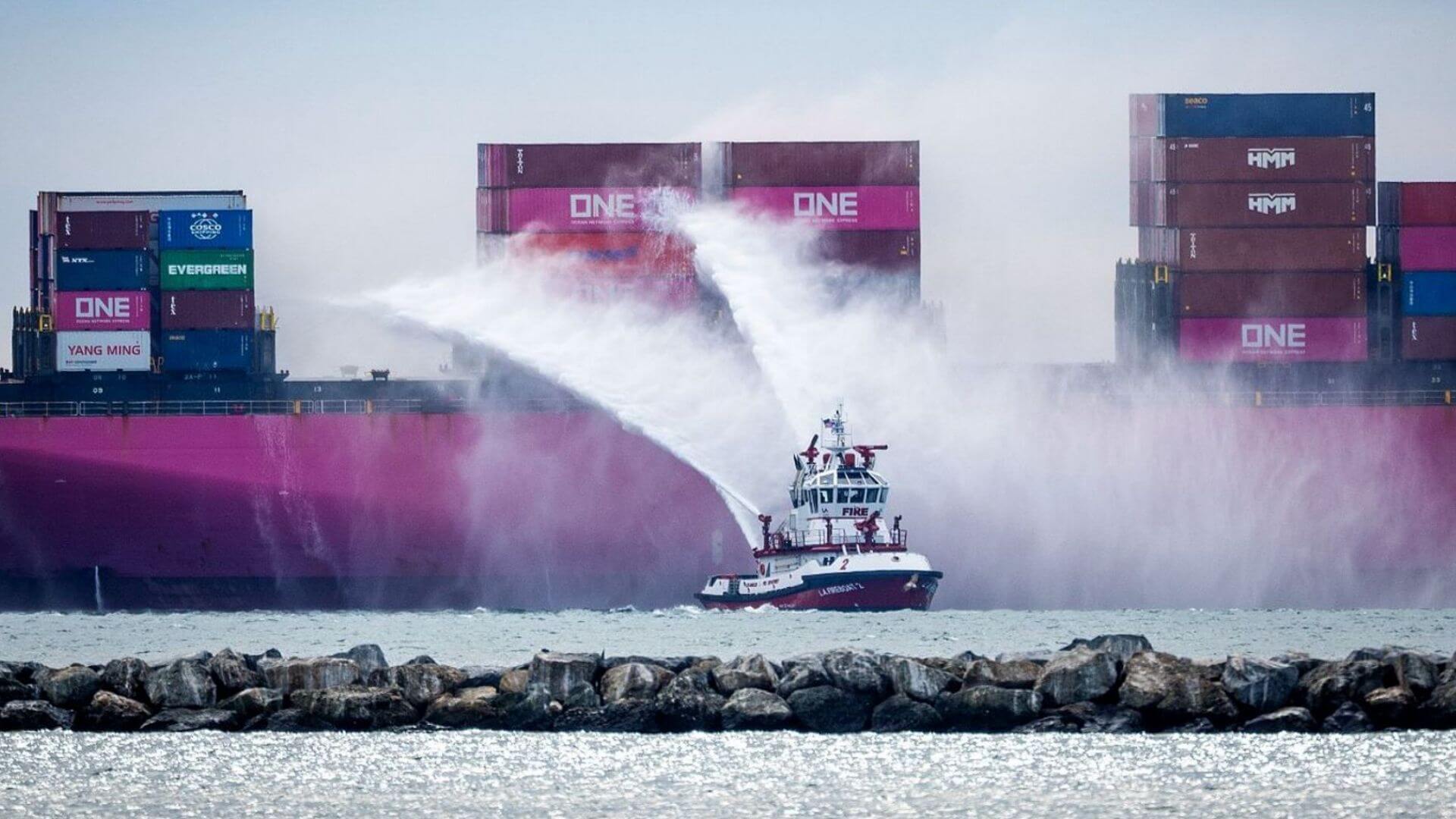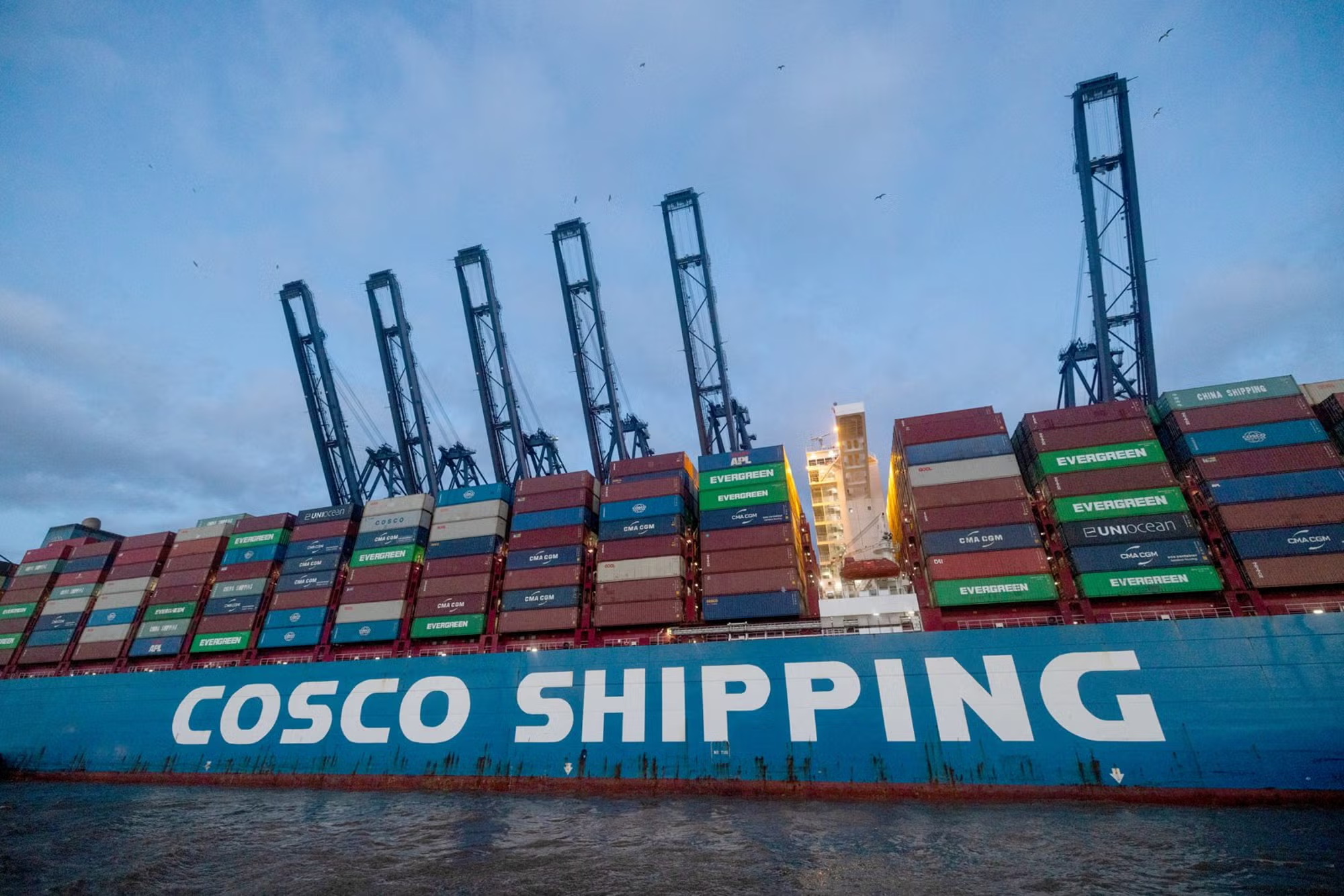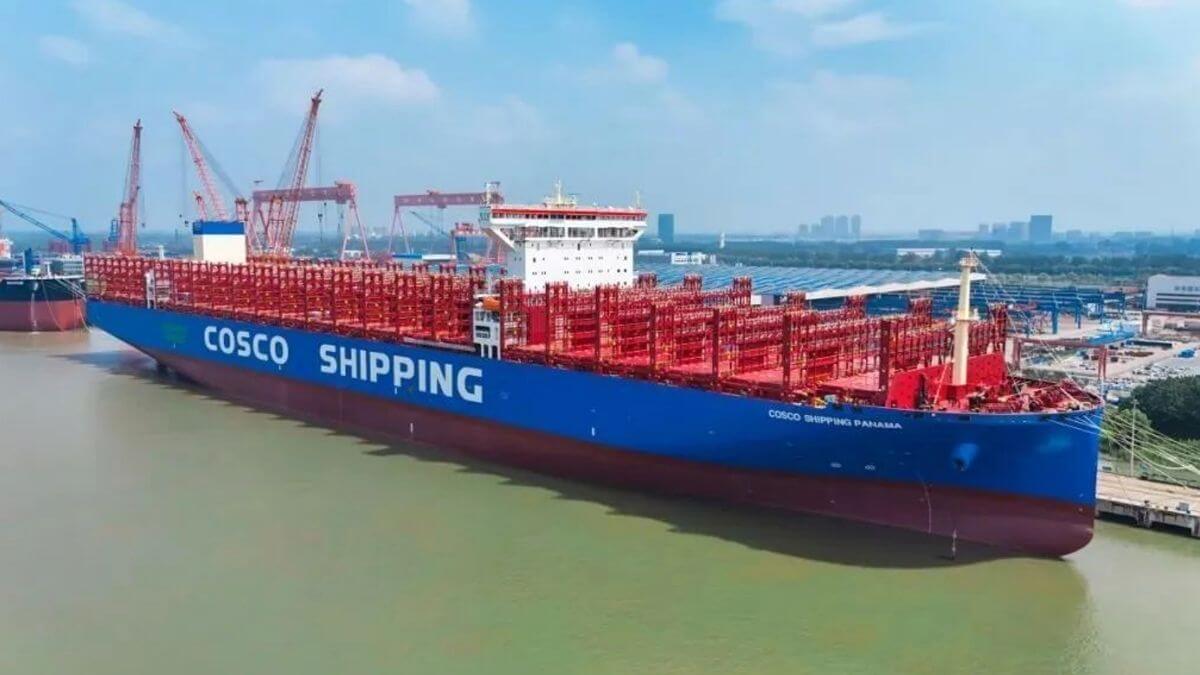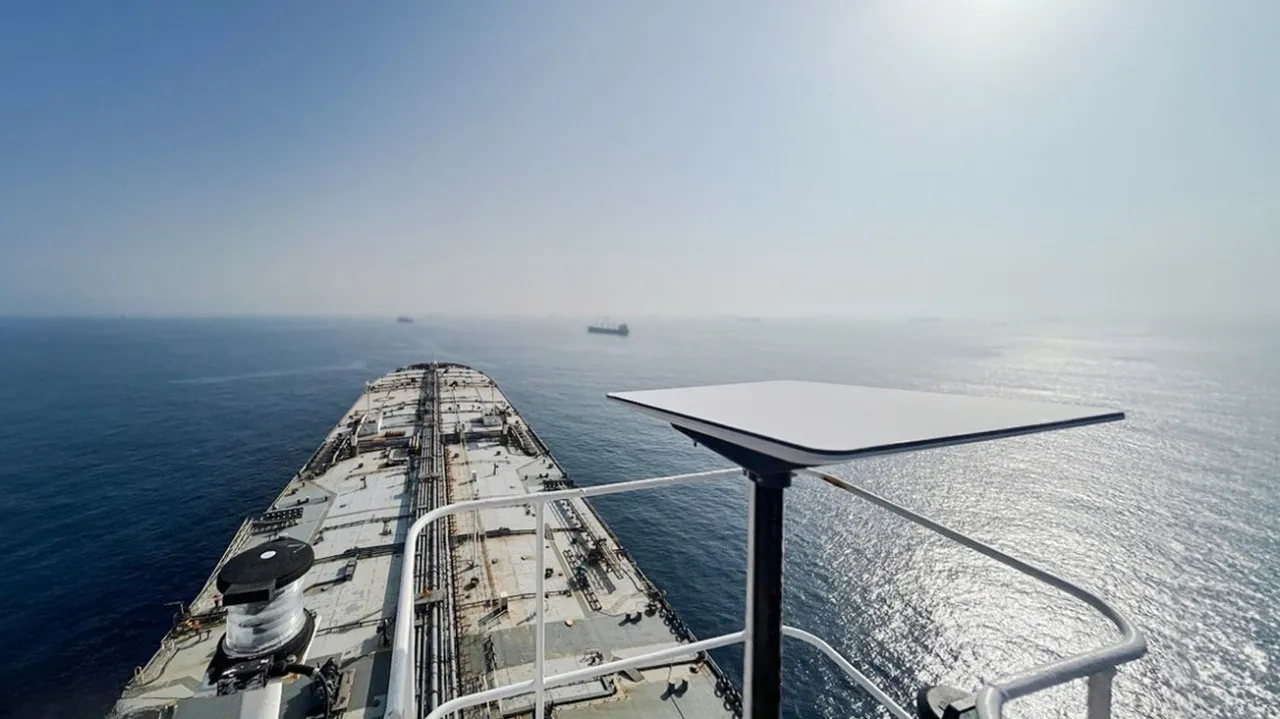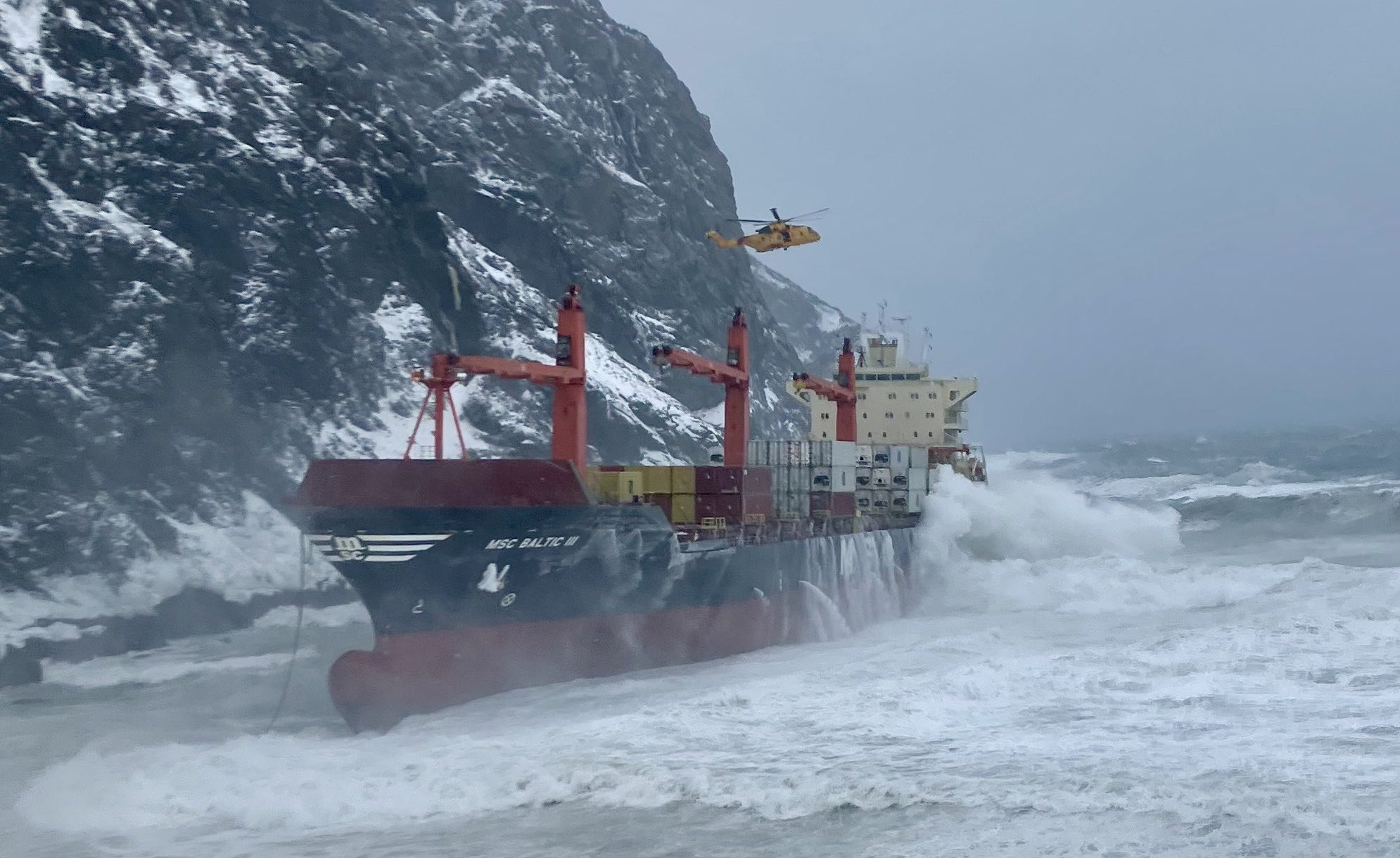IMO hoãn thông qua Khung Net-Zero, ngành hàng hải thêm một năm chờ đợi
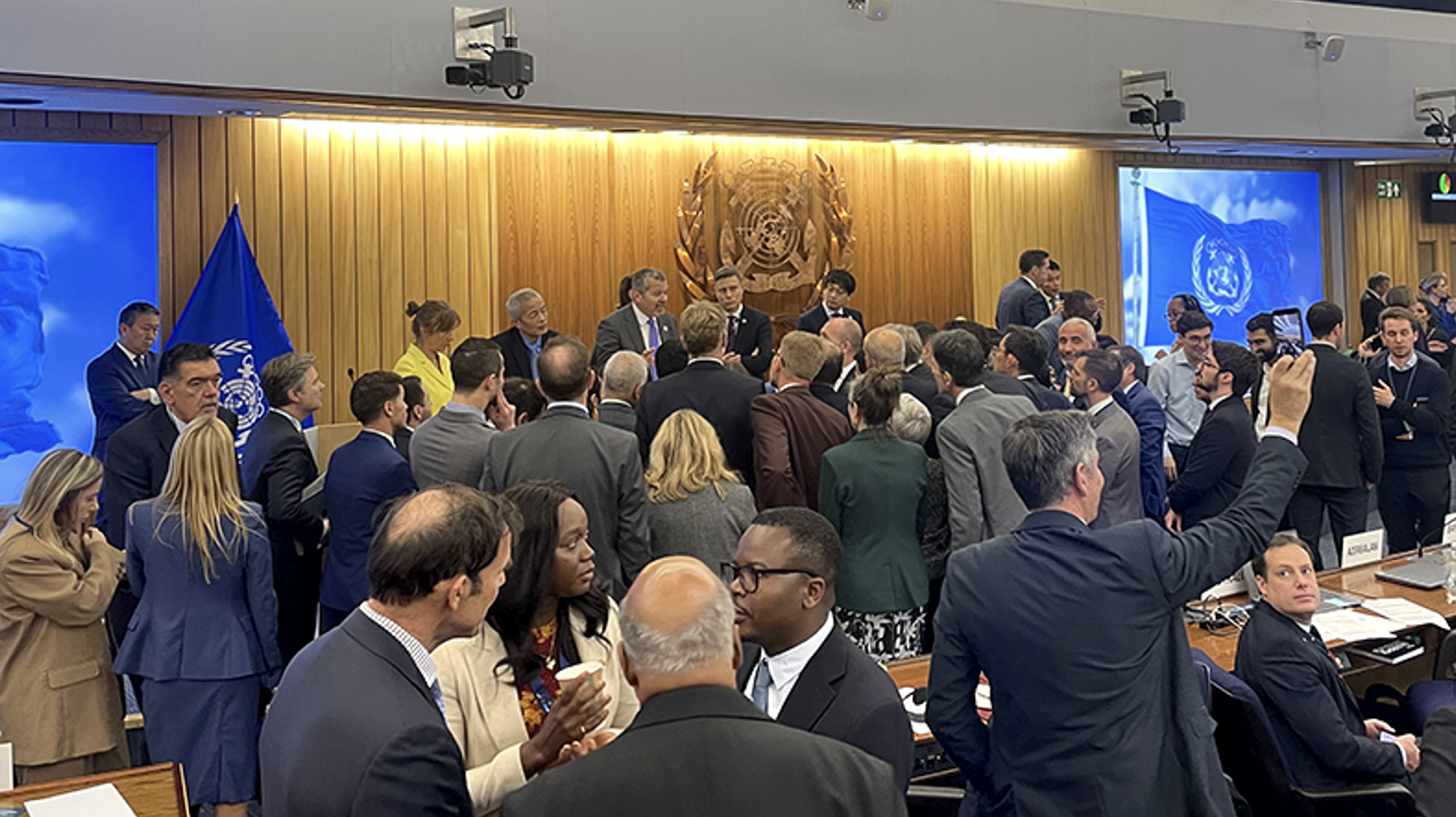
Quyết định này khiến ngành vận tải biển toàn cầu tiếp tục đối mặt với bất định trong lộ trình giảm phát thải.
Tại phiên họp đặc biệt của Ủy ban Bảo vệ Môi trường Biển (MEPC) diễn ra ở London trong tuần này, các quốc gia thành viên IMO đã không đạt được đồng thuận – cũng không tiến hành bỏ phiếu – về dự thảo sửa đổi Phụ lục VI của MARPOL, trong đó chứa các yếu tố then chốt của Khung Net-Zero Framework.
Theo quyết định được thông qua, các cuộc đàm phán sẽ bị hoãn trong vòng 12 tháng, đồng nghĩa với việc khung chính sách này chỉ có thể được xem xét và thông qua sớm nhất vào cuối năm 2026. Việc trì hoãn này khiến tiến trình thực hiện Chiến lược giảm phát thải khí nhà kính (GHG) mà IMO đã thống nhất vào năm 2023 trở nên phức tạp hơn, đe dọa mục tiêu đạt phát thải ròng bằng 0 vào năm 2050.
Khung Net-Zero Framework, được phê duyệt về nguyên tắc tại MEPC 83 hồi tháng 4/2025, bao gồm hai trụ cột chính: tiêu chuẩn nhiên liệu toàn cầu và cơ chế định giá phát thải. Đây được xem là nền tảng quan trọng để định hướng quá trình chuyển đổi năng lượng của ngành vận tải biển quốc tế trong các thập kỷ tới.
Dù phiên họp chính thức đã khép lại, Nhóm công tác liên kỳ về giảm phát thải từ tàu biển (Intersessional Working Group on GHG Emissions Reduction from Ships) – dự kiến họp từ 20 đến 24/10 – vẫn sẽ tiếp tục phát triển các hướng dẫn kỹ thuật nhằm duy trì động lực cho quá trình chuẩn bị áp dụng khung này.
Nhiều tổ chức và hiệp hội trong ngành hàng hải đã bày tỏ thất vọng sâu sắc trước kết quả của phiên họp.
Global Maritime Forum gọi việc trì hoãn này là “một bước lùi nghiêm trọng”. Ông Jesse Fahnestock, Giám đốc phụ trách khử carbon của tổ chức, nhận định:
“Việc hoãn lại một năm khiến việc đạt được mục tiêu khử carbon càng trở nên khó khăn hơn. Chúng tôi kêu gọi các quốc gia tiếp tục cam kết với tiến trình đa phương và thúc đẩy sớm khung quy định có thể hiện thực hóa chiến lược GHG của IMO.”
Hiệp hội Vận tải biển Quốc tế (ICS) cũng thể hiện sự thất vọng. Tổng thư ký Thomas Kazakos cho biết:
“Ngành công nghiệp cần sự rõ ràng để có thể đầu tư vào các giải pháp giảm phát thải phù hợp với mục tiêu của IMO. Việc trì hoãn này làm giảm niềm tin và khiến các doanh nghiệp do dự hơn trong quyết định đầu tư.”
Từ góc nhìn châu Âu, bà Anne Steffensen, Giám đốc điều hành Danish Shipping, nhấn mạnh:
“Chúng tôi đến đây để hoàn tất một thỏa thuận khí hậu quan trọng cho ngành vận tải biển quốc tế. Đây là một thất vọng lớn, đặc biệt khi chúng tôi đã nỗ lực suốt thời gian dài để đạt được sự đồng thuận.”
Việc hoãn thông qua Khung Net-Zero Framework đến năm 2026 được xem là cú lùi đáng kể trong nỗ lực toàn cầu nhằm khử carbon cho vận tải biển – lĩnh vực chiếm khoảng 3% tổng lượng phát thải CO₂ toàn cầu. Tuy vậy, các bên kỳ vọng các cuộc họp kỹ thuật sắp tới sẽ giúp duy trì đà thảo luận, mở đường cho một thỏa thuận mang tính bước ngoặt trong tương lai gần.
